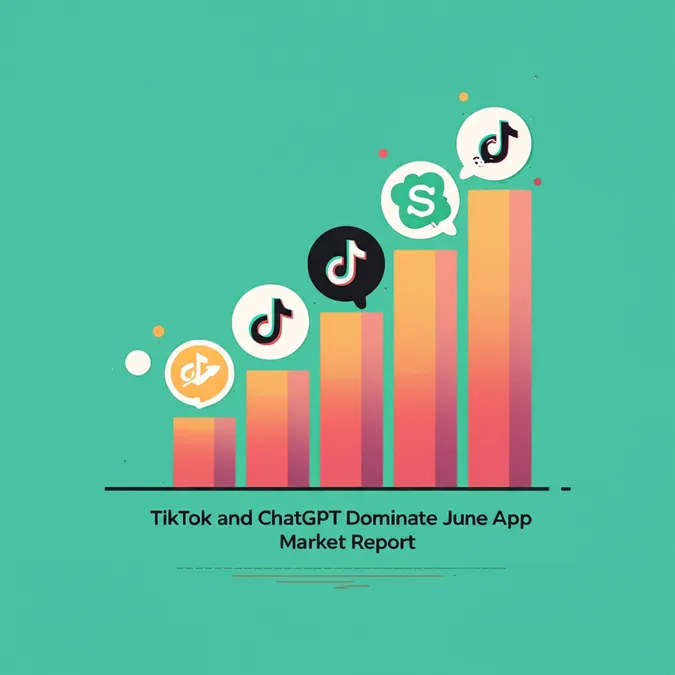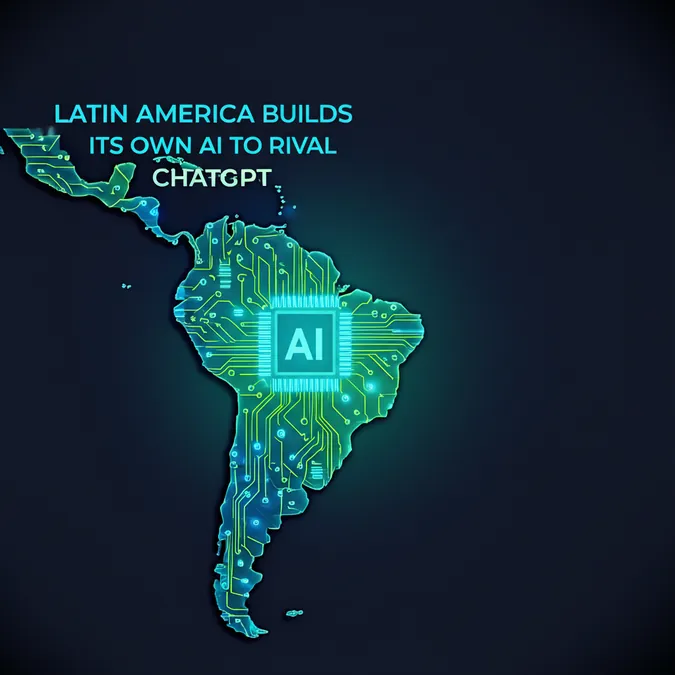Developer Offer
Try ImaginePro API with 50 Free Credits
Build and ship AI-powered visuals with Midjourney, Flux, and more — free credits refresh every month.
Sam Altman On AI And The Future For Our Kids
As the CEO of OpenAI, the company behind ChatGPT, Sam Altman has a unique vantage point on the future of artificial intelligence. When he speaks about how this technology will shape the world, people listen. Recently, he shared his perspective on what AI means for the next generation—including his own children—and his views are a call to rethink everything we know about work, skill, and education.
While some headlines frame his views as a 'shocking admission,' Altman's take is less about fear and more about a fundamental paradigm shift. He doesn't see a future where humans are obsolete, but rather one where the baseline for capability is dramatically elevated.
A New Baseline for a New Generation
Altman compares the arrival of advanced AI to previous technological revolutions, like the invention of the calculator or the proliferation of the internet. These tools didn't make humans dumber; they automated tedious tasks and freed up mental energy for higher-level thinking. AI, in his view, is the ultimate tool for this.
He envisions a future where his children won't need to spend years learning to code in the way we do today or memorizing facts that are instantly accessible. Instead, AI will act as an incredibly capable collaborator that can write code, analyze data, and generate text on command. The 'shock' is in how quickly our definition of valuable skills will change. The ability to do something that an AI can do for free will have its economic value erased.
Rethinking Education in the Age of AI
If AI can answer any question, write any essay, and solve complex logical problems, what should we be teaching in schools? Altman suggests the focus must shift away from rote memorization and towards uniquely human skills. These include:
- Critical Thinking and Judgment: The ability to evaluate the output of an AI, discern its biases, and make informed decisions.
- Creativity: Generating novel ideas and providing the creative spark that directs the AI's power.
- Resilience and Adaptability: Thriving in a world of constant, rapid change will be one of the most important skills of all.
Education will need to be about teaching children how to think, not what to think. The goal is to cultivate individuals who can work alongside powerful AI systems, guiding them with human ingenuity and values. For more on the guiding principles behind this technology, you can review OpenAI's mission.
The Human Element in an AI World
So, will AI 'overtake' the next generation? In terms of raw task-completion capability, the answer is an unequivocal yes. An AI model will be able to perform many intellectual tasks faster and more accurately than a human.
However, Altman's vision suggests that this doesn't lead to human obsolescence but to a redefinition of our role. Humans will provide the intent, the ethical oversight, the creative direction, and the interpersonal connection. We will move from being the 'doers' of intellectual labor to the 'directors' of it. The future isn't a competition against AI, but a collaboration with it. The challenge for parents and educators is to prepare children for this new reality, equipping them with the wisdom and creativity to steer a world powered by intelligence far beyond our own.
Compare Plans & Pricing
Find the plan that matches your workload and unlock full access to ImaginePro.
| Plan | Price | Highlights |
|---|---|---|
| Standard | $8 / month |
|
| Premium | $20 / month |
|
Need custom terms? Talk to us to tailor credits, rate limits, or deployment options.
View All Pricing Details

